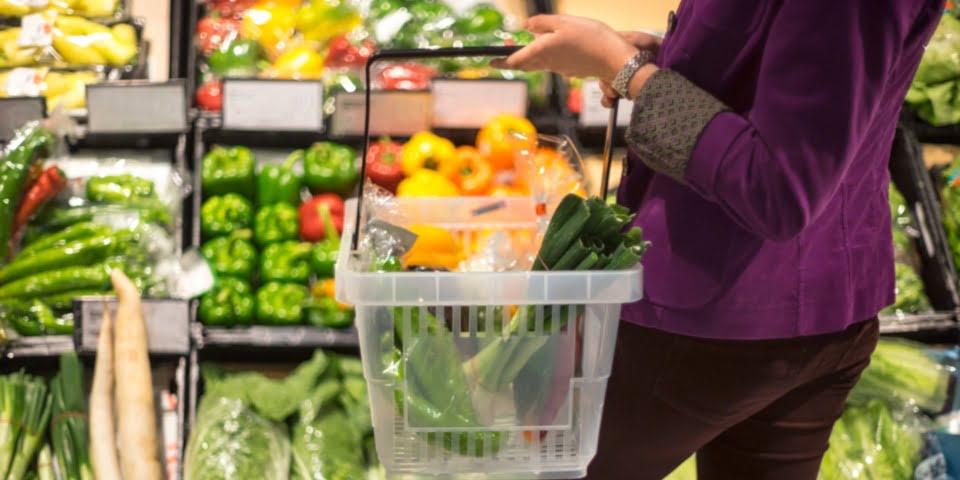Food and grocery manufacturers are facing cost pressures that are starting to flow through supermarket shelves. Australian Food & Grocery Council CEO Tanya Barden spoke to Retail World about the local and global challenges facing supply chains, key priorities and recommendations needed to address the competitiveness and resilience of the sector, and the opportunities and outlook for the industry.
What changes are you seeing in the food and grocery manufacturing and supply chain space?
Food and grocery manufacturing supply chains continue to be under enormous strain. The pandemic has impacted availability of products and labour supplies, availability of ingredients, and so on.
Now on the back of that, we’re facing weather challenges, which have led to enormous freight disruptions across the country.
We’re also seeing the Russia-Ukraine situation, which is impacting global commodity pricing and availability, as well as availability of other inputs, like packaging.
We also continue to face an ongoing shortage of timber pallets to store goods and move them around the supply chain.
What are the key priorities and recommendations needed to address the competitiveness and resilience of local food and grocery manufacturing?
One of the big things that the food and grocery industry needs in Australia is more investment. We need to be able to use smart manufacturing technologies to develop new products, to be able to better communicate across the supply chain, to improve ordering and availability of product, as well as provide more information to consumers.
Use of this smart technology is an ongoing investment need for the industry, but at the moment investment has really stagnated. We’ve seen over the past decade that there’s been a decline in industry profitability, which has impacted the ability to invest in new capital.
We’re recommending to governments that they put in place policy measures, whether it’s tax incentives or grant type programs, that support ongoing investment in these sorts of technologies, which will improve their competitiveness and the efficiency of the industry.
Read the interview in full in the May issue of Retail World.





